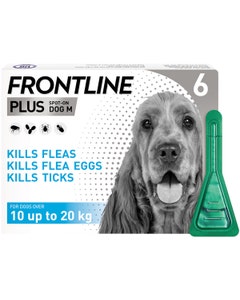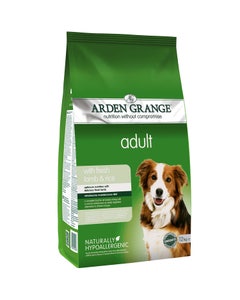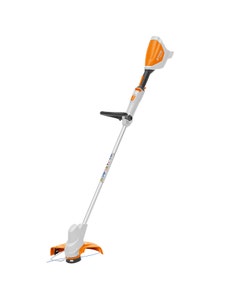Sub Header
Product Highlights
- STIHL FSA57 Cordless Grass Trimmer Kit with AK10 Battery and AL101 ChargerSpecial Price £208.99 Regular Price £219.00 inc VAT
- Westland Aftercut All In One Lawn Feed, Weed & Moss Killer - 150m2Special Price £13.99 Regular Price £16.99 inc VAT
- Muck Boot Unisex Wetland Tall Wellington Boots - BarkRegular Price £155.00 As low as £100.00 inc VAT
- Levington Tomorite Concentrated Tomato Food - 2.5LSpecial Price £11.48 Regular Price £14.48 inc VAT
Brands
Other Services
Agricultural Supplies and Equipment Merchants
At Mole Valley Farmers our aim is to provide the agriculture and farming industries with quality products, backed up by extensive knowledge and experience. As agricultural supplies and equipment merchants, we play a crucial role in supporting the industry by providing farmers with the necessary tools, equipment and supplies to ensure that farmers can keep their operations running smoothly.
Since 1960, we have strived to serve the farming community, continually improving our products and services to better meet the needs of the changing agricultural industry. Our product range is vast, including animal feed, farming supplies, pet supplies and heating fuels to name a few, from a number of high-quality brands, including our own branded ranges. Shop agricultural supplies and equipment online to receive free delivery on all orders over £40 ex VAT.




































































